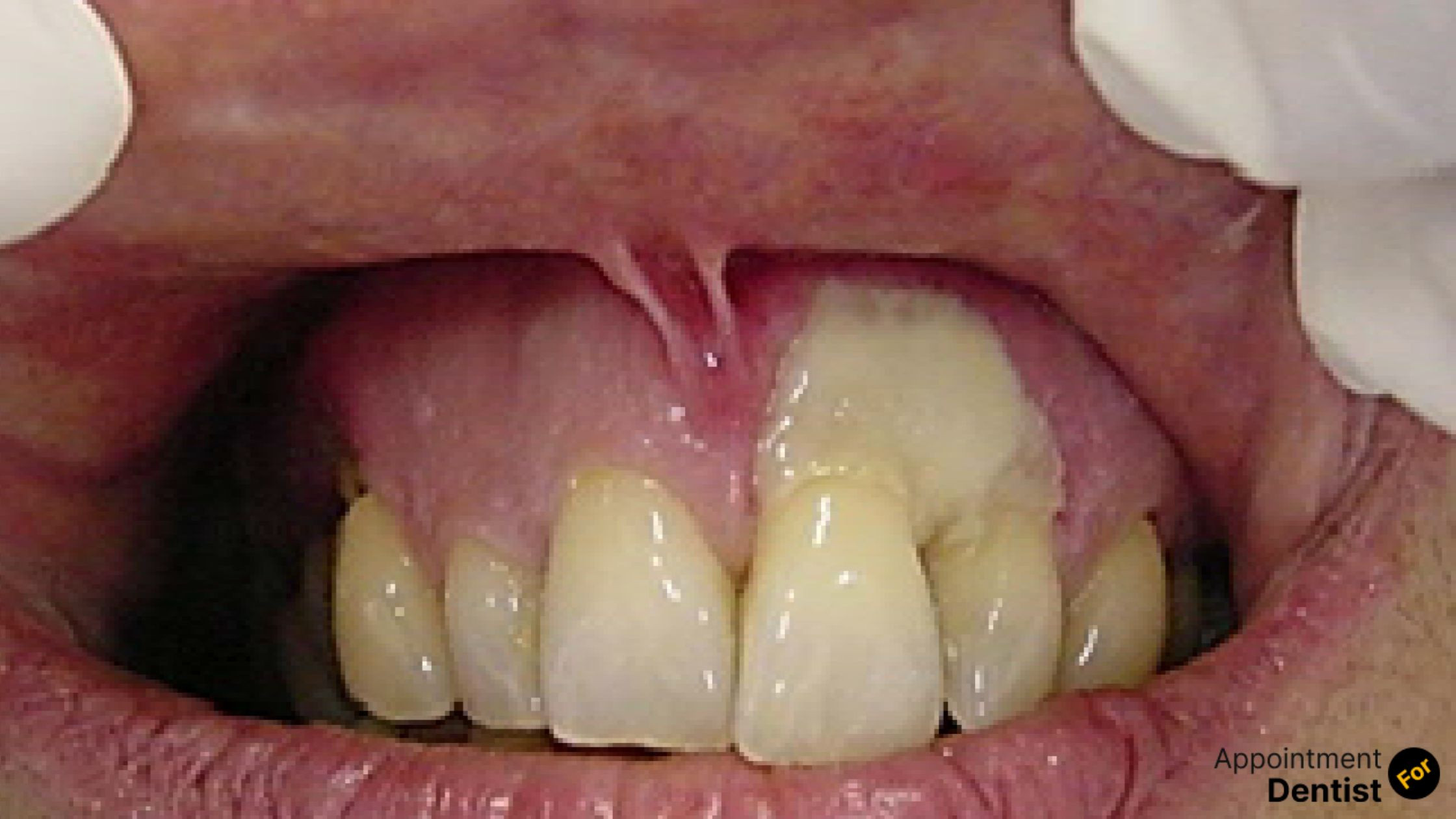Understanding and Treating Oral Complications of Chemotherapy
Posted on August 19, 2024 by Admin

Understanding and Treating Oral Complications of Chemotherapy
Chemotherapy for treating cancer has become very vital, although it usually brings forward a given range of side effects, particularly related to oral health. The oral complications associated with chemotherapy are very important for patients undergoing treatment to understand. One complication is poor oral health, which may be a key determinant of the quality of life and the delivery of therapy in cancer patients.
The Impact of Chemotherapy on Oral Health
Chemotherapy actually targets fast-growing cells. In other words, the healthy, fast-growing cells present in the mouth, along with cancer cells, will be targeted. This leads to a number of oral complications, such as:
- Oral Mucositis: It is a condition involving the inflammation and ulceration of the mucous membranes that line the mouth. This can be quite painful and can result in a degradation of eating and speech.
- Xerostomia: Saliva production generally reduces with chemotherapy, followed by a dry mouth. This increases the chances of dental caries and other types of infections in the mouth.
- Taste Alterations: Most patients suffer from taste disturbances that lead to decreased appetite and reduced intake of nutrition.
- Infections: Chemotherapy's immunosuppressive trait increases the risk of oral infections caused by bacterial, viral, or even fungal reasons.
- Bleeding and Gum Disease: Bleeding of the gums and development of periodontal diseases is common due to the action of chemotherapy on the body's healing process and resistance against infection.

Prevention of Oral Complications
Prevention of oral complications during chemotherapy is very essential for the quality of life for a patient. Several strategies include:
- Pre-Treatment Dental Evaluation: A comprehensive dental evaluation is needed in patients prior to initiation of chemotherapy. This helps to identify and manage pre-existing conditions of oral health that could be aggravated during therapy.
- Maintain Oral Hygiene: Good oral hygiene should be maintained by the patient themselves. This will involve brushing their teeth at least twice daily using a soft-bristled toothbrush and fluoride toothpaste. Daily flossing is required to dislodge the plaque and food particles.
- Keep the Body Well Hydrated: Enough water consumption can help to relieve symptoms of dry mouth. Extra help can be provided using saliva substitutes or mouthwashes designed to relieve dry mouth.
- Avoid Irritants:Avoid tobacco and alcohol; avoid the intake of spicy or acidic foods that may irritate the oral mucosa.
- Regular Dental Checkups: Continuing dental care during chemotherapy is very essential. Regular follow-up enables the early detection and management of oral complications.
Must Read: 7 Mistakes to Avoid When Choosing a Dental Plan
Oral Complication Treatment
In the case where oral complications may arise, timely treatment of these complications will help alleviate symptoms and prevent further complications. The following are some of the common modes of treatment:
- Mouth Rinses: Patients can use saline and baking soda mouthwashes or prescriptive rinses to help comfort mucositis and facilitate healing.
- Pain Control: Over-the-counter pain medications or prescription medications may be necessary to help control the pain that sores in the mouth often produce.
- Antibiotics and Antifungals: If infections develop, healthcare providers will prescribe antibiotics or antifungal drugs to treat these complications as well.
- Topical Treatments: Such as oral gels or medications that are saliva stimulants which can relieve dryness of mouths and reduce risk for dental caries.
- Nutritional support: Nutrition must be well taken care of, precisely if the oral complications are making it hard to eat. Then, it is advisable to take nutrition supplements and soft food.
Conclusion
Management of chemotherapy-induced oral complications suitable to cancer patients undergoing treatment and understanding them is pivotal. By taking precautions and preventing emerging affection in the oral cavity, a patient may conserve better oral health, consequently leading to a better quality of life. It is incumbent upon the oncologist and dental professionals to work in collaboration to provide comprehensive care for the patient to focus on recovery and well-being.
Faqs
-
1. What are the most common oral complications of chemotherapy?
The most common oral complications are mucositis, xerostomia or dry mouth, changes in taste, infections, and bleeding gums.
-
2. How can I avoid oral complications during chemotherapy?
Preventive measures are good oral hygiene, keeping your mouth moist, avoiding substances that may irritate your mouth, and dental assessment ahead of treatment.
-
3. If I get mouth sores during chemotherapy, what can be done?
Treatments may include soothing mouth rinses, pain management medications, and topical treatments. Discuss specific recommendations with your health care provider.
-
4. Are oral complications reversible after chemotherapy?
Many oral complications can improve or resolve after chemotherapy ends. The incidence of long-term effects is reported in some patients with dry mouth or taste changes.
-
5. How important is dental care during chemotherapy?
Dental care should form part of chemotherapy not only to prevent oral complications but also to manage them, since these complications may become major issues for the general health and effectiveness of treatment in patients.
Recent Post
- The Importance of Oral Health Education for Children
- How to Choose the Right Orthodontic Treatment for Adults
- The Link Between Oral Health and Stroke Risk
- How to Address and Prevent Gum Recession
- Innovations in Dental Anesthesia: Pain-Free Procedures
- The Role of Saliva in Oral Health: Functions and Disorders
- Exploring Holistic Dentistry: What You Need to Know
- How Oral Health Affects Your Immune System
- The Benefits of Using Dental Probiotics
- Oral Health and Pregnancy: Myths and Facts